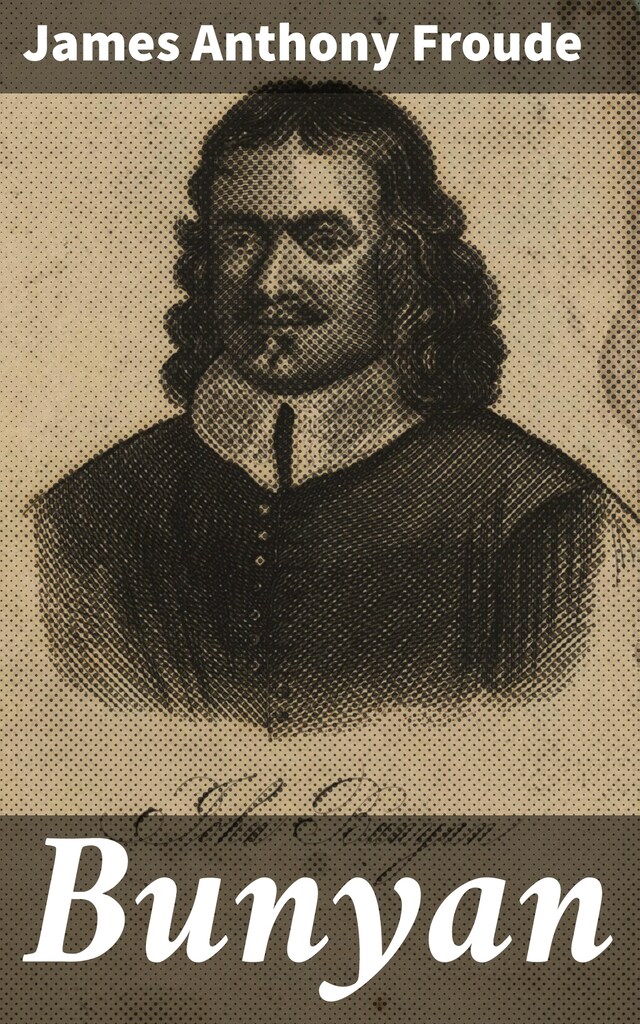
Bunyan
Analyzing the Legacy of a Literary Pilgrim
Description of book
In "Bunyan," James Anthony Froude presents a profound exploration of John Bunyan's life, particularly focusing on the experiences that shaped his spiritual journey and literary output. Froude employs a narrative style that blends biographical insight with literary critique, bringing to life the fervent religious convictions that fueled Bunyan'Äôs writing. Set against the backdrop of 17th-century England, Froude situates Bunyan within the tumultuous socio-political landscape, highlighting how the period's complexities influenced his magnum opus, "The Pilgrim's Progress." The text reveals intricate connections between faith, personal suffering, and transformative storytelling, showcasing Bunyan's impact on religious literature and thought. James Anthony Froude, a renowned historian and biographer, was deeply engaged with questions of faith and morality, shaped by his own struggles with skepticism and belief. His admiration for Bunyan's ability to articulate profound spiritual truths resonates throughout this work. Froude's scholarly background, anchored in Victorian context, enriches the narrative, allowing him to dissect the nuances of Bunyan's theological conflict and artistic genius. His own existential inquiries provide a lens through which readers can appreciate Bunyan's legacy. Froude's "Bunyan" is a must-read for scholars and enthusiasts alike, offering a compelling examination of a pivotal figure in English literature. Readers interested in the interplay between personal faith and literary expression will find this book especially enlightening. Froude'Äôs vivid portrayal not only serves as an introduction to Bunyan'Äôs work but also invites readers to reflect on the broader implications of faith in the human experience.
 James Anthony Froude
James Anthony Froude 189 Pages
189 Pages